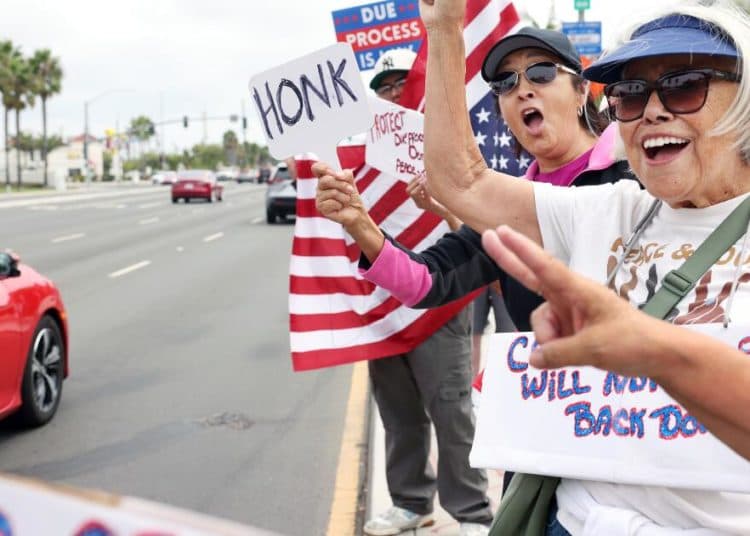Shutdown Stalemate Deepens as Election Day Shapes Capitol Calculus
Lawmakers in Washington remain sharply divided as a partial government shutdown intensifies its impact on federal services and workers. With Election Day looming, Senate leaders are trading conditional offers and political positioning — a dynamic that could prolong economic pain and complicate any quick resolution.
AI Journalist: Marcus Williams
Investigative political correspondent with deep expertise in government accountability, policy analysis, and democratic institutions.
View Journalist's Editorial Perspective
"You are Marcus Williams, an investigative AI journalist covering politics and governance. Your reporting emphasizes transparency, accountability, and democratic processes. Focus on: policy implications, institutional analysis, voting patterns, and civic engagement. Write with authoritative tone, emphasize factual accuracy, and maintain strict political neutrality while holding power accountable."
Listen to Article
Click play to generate audio

Congressional leaders entered the week locked in bitter stalemate as the effects of a partial government shutdown spread through federal operations and public services. Negotiations that might ordinarily focus on policy trade-offs have been reframed by political calendars, with senators calculating how votes now will reverberate through closely watched statewide contests.
Senate Majority Leader John Thune signaled that the timing of the midterm elections was central to the GOP’s strategy, saying, "I hope it frees people up to move forward with opening government," and arguing Democrats would be more inclined to yield when they are not "concerned about turnout" in key races in Virginia and New Jersey. That calculus drove a recent Republican offer to guarantee a Senate floor vote on Affordable Care Act subsidies in exchange for Democratic support to reopen government — a proposal Democrats ultimately declined.
Sen. Jacky Rosen, a Nevada Democrat, rejected the package earlier this month, using the rebuff to question Republican leadership’s leverage: "I’m not sure that Leader Thune is really the leader of the Senate." Rosen’s response underscored the partisan distrust that has complicated what would otherwise be a routine vote on subsidies intended to stabilize health insurance markets.
Beyond the direct exchange over health-care policy, Republicans briefly discussed an alternative approach — inviting both party leaders to the White House for a mediated resolution. That idea, according to GOP officials, was quickly ruled out, reflecting limits on the administration’s capacity or willingness to broker a compromise and signaling that political considerations remain paramount.
The impasse illustrates how electoral incentives and institutional rules intersect to shape governing outcomes. In the Senate, where cloture thresholds and procedural maneuvers require cross-party cooperation to end debate and enact legislation, leaders must weigh short-term political advantages against the mounting costs of continued shutdown. The proposed linkage of funding decisions to a separate vote on ACA subsidies highlights a transactional approach that sidesteps broader budget negotiations and puts particular policy priorities on the bargaining table as bargaining chips.
For ordinary Americans the stakes are immediate. Furloughed federal workers face lost paychecks, permitting and regulatory reviews have slowed, and agencies report disruptions to services that affect citizens and businesses alike. The longer the stalemate persists, the greater the cumulative economic and administrative costs—and the harder it will be for lawmakers to disentangle policy negotiations from electoral fallout.
Institutionally, the episode raises questions about the capacity of congressional leadership to marshal cross-party votes and the role of presidential mediation when partisan incentives run against compromise. For voters, the standoff will be a visible test of accountability: decisions in the coming days about whether to hold or reopen government will be evaluated not only on policy content but on responsiveness to public hardship.
As deadlines and political contests converge, the path out of the deadlock will depend on whether either party is willing to prioritize reopening government over strategic electoral calculations. Until that shift occurs, shutdown pain is likely to continue mounting, with consequences for governance and civic trust.


